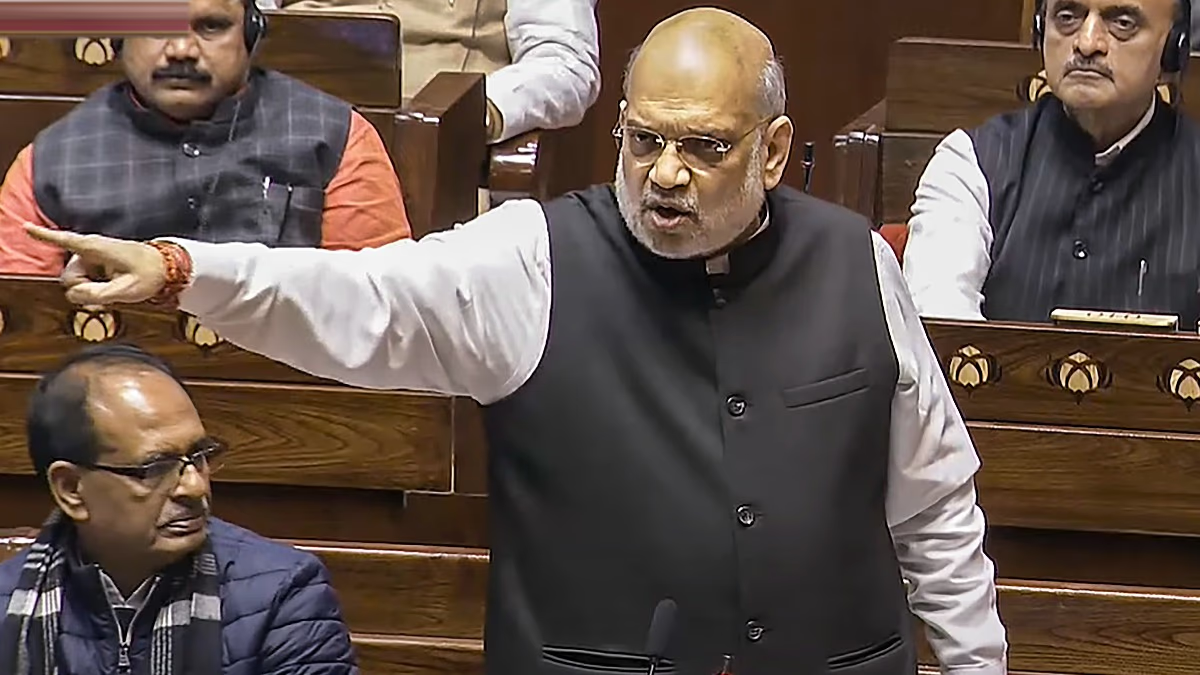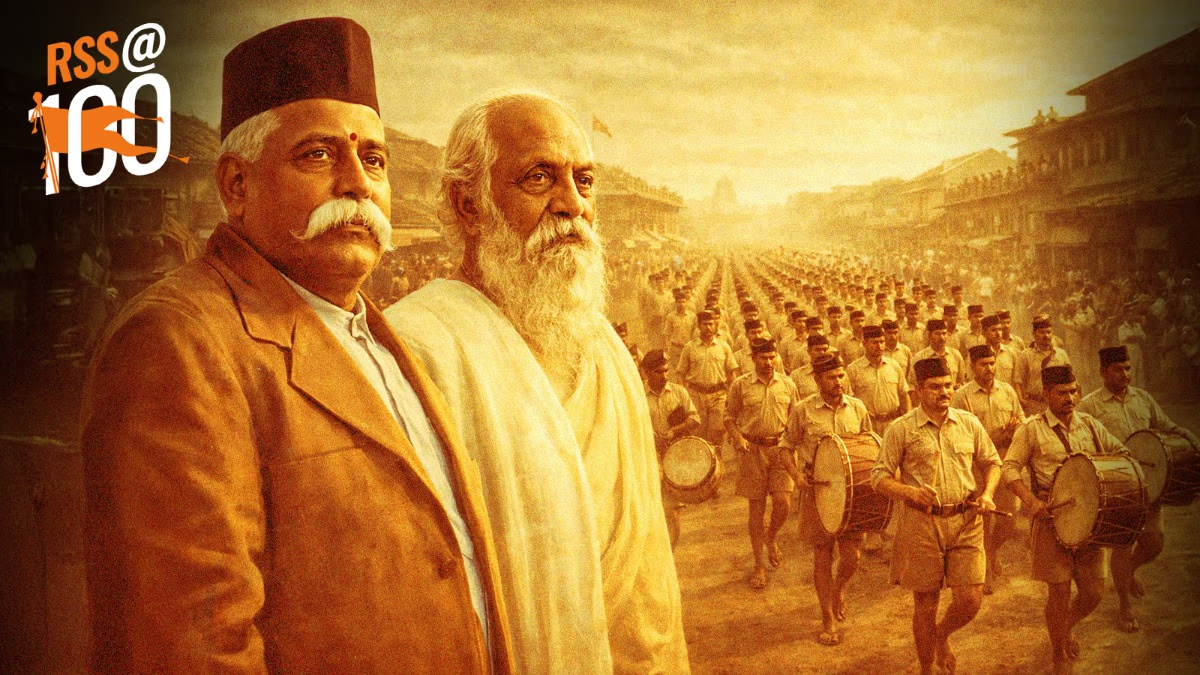The Union Home Minister, Amit Shah, participated in a discussion in the Rajya Sabha on Tuesday regarding 'The Glorious Journey of India’s Constitution over 75 Years.' During this session, he compared the constitutional amendments made during BJP and Congress regimes. He noted that in 16 years, we made amendments 22 times, while Congress altered the Constitution 77 times over 55 years. The Home Minister strongly criticized Congress by contrasting four key amendments made by each party.
'The First Amendment by Jawaharlal Nehru'
Amit Shah declared, 'I would like to discuss the four significant constitutional amendments from both major parties (Congress and BJP). The first amendment took place on June 18, 1951. It was necessitated by the Constituent Assembly itself. Congress couldn't wait till the general elections after forming and accepting the Constitution, so they brought in an amendment that added 19(A) to the Constitution. The goal was to limit freedom of expression. This was initiated by the country's first Prime Minister, Jawaharlal Nehru.'
'Indira Gandhi Blocked Judicial Review Against Herself'
The Home Minister detailed, 'Then, the 24th Constitutional Amendment was undertaken by Indira Gandhi, Nehru’s daughter, on November 5, 1971, which empowered Parliament to reduce the fundamental rights of the citizens. The 39th Amendment crossed all boundaries. August 10, 1975, will be marked in our constitutional history with black ink when this amendment came into play. What was the 39th Amendment? It annulled Indira Gandhi's election as declared by the Allahabad High Court. By amending the Constitution, she prohibited judicial review of the Prime Minister’s position.'
He noted, 'This amendment was applied retrospectively, meaning if there were previous cases, they would be dismissed as well. Our Prime Minister says he is not a Prime Minister but a primary servant, yet declares no one can challenge him, as if he is a sovereign.'
'Extending Lok Sabha's Tenure Out of Fear of Defeat'
Amit Shah stated, 'On January 3, 1977, the 42nd Constitutional Amendment took place, extending the Lok Sabha and State Assembly tenures from 5 to 6 years because they feared losing upcoming elections, so they extended the Lok Sabha’s term. Secondly, certain laws needed passage, for which quorum rules in Parliament and Assembly were altered. Even with just five members present, sessions could proceed. The duration of Presidential Rule was also extended to six months.'




